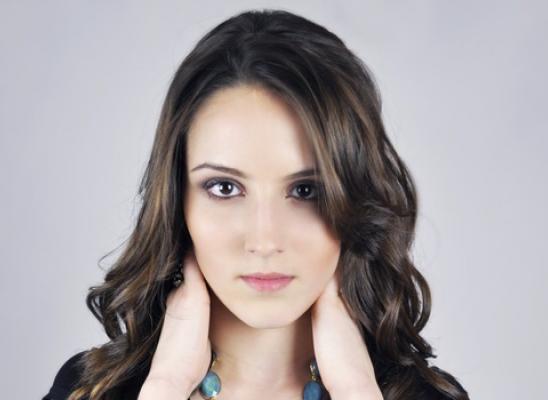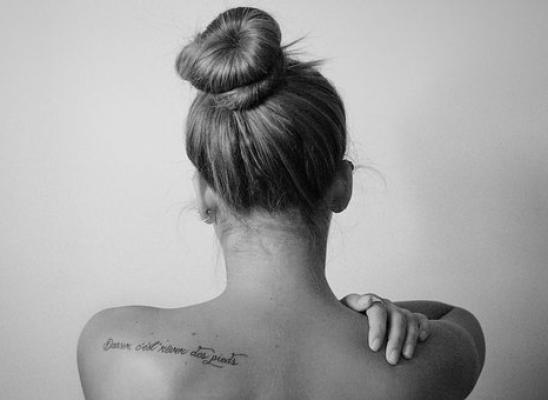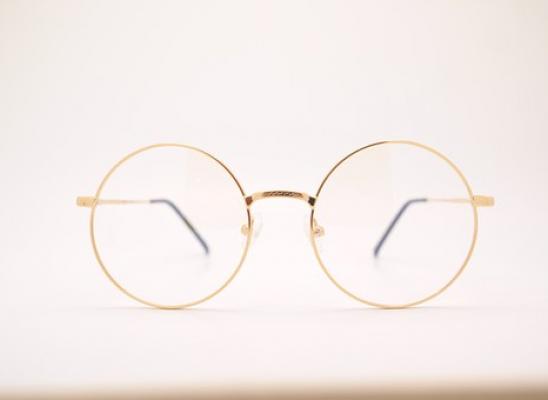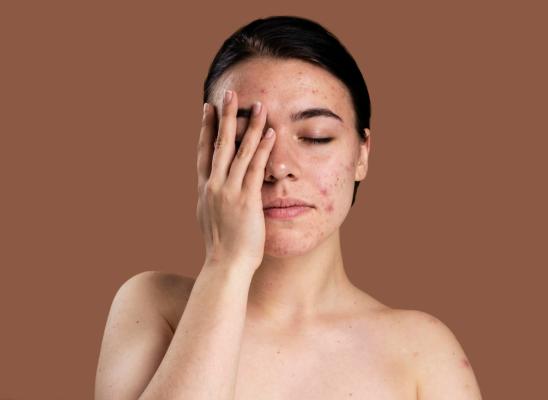The difference between everyday anxiety and anxiety disorder
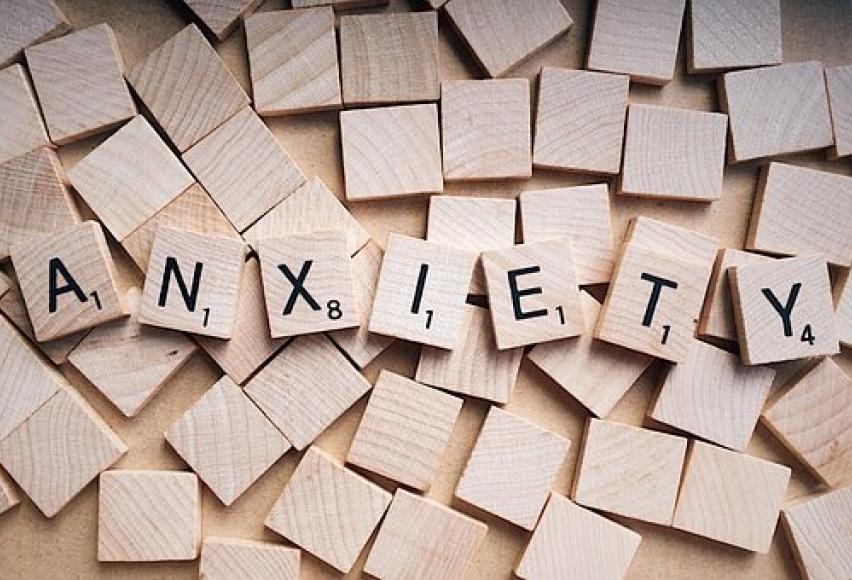
Online test
Find out the severity of your symptoms with this free online test
Anxiety is one of the many triggers for skin picking. Everyone will experience anxiety from time to time. The demands and stress of life may even make experiencing anxiety more frequent. So it can be tough to tell the difference between everyday anxiety and a clinical anxiety disorder. If anxiety is affecting you or someone you know, it’s important to learn the difference.
What Are the Symptoms of Anxiety Disorders?
It depends on the type of anxiety disorder, but general symptoms include:
- Feelings of panic, fear, and uneasiness
- Problems sleeping
- Cold or sweaty hands or feet
- Shortness of breath
- Heart palpitations
- Not being able to be still and calm
- Dry mouth
- Numbness or tingling in the hands or feet
- Nausea
- Muscle tension
- Dizziness
What Are the Causes of Anxiety Disorders?
The exact cause of anxiety disorders is unknown, but anxiety disorders -- like other forms of mental illness are not the result of personal weakness, a character flaw, or poor upbringing. As scientists continue their research on mental illness, it is becoming clear that many of these disorders are caused by a combination of factors, including changes in the brain and environmental stress.
Everyday anxiety
- Occasional worry about circumstantial events, such as an exam or breakup, that may leave you upset.
- Embarrassment or selfconsciousness in the face of an uncomfortable social situation.
- Random cases of "nerves" or jitters; dizziness or sweating over an exam, presentation, or other important event.
- Realistic fear of a threatening object, place, or situation.
- Wanting to feel confident that you are healthy and living in a safe, hazard-free environment.
- Anxiety, sadness, or difficulty sleeping immediately following a traumatic event.
Anxiety disorder
- Constant, chronic, and unsubstantiated worry that causes significant distress, disturbs your social life, and interferes with classes and work.
- Avoidance of common social situations for fear of being judged, embarrassed, or humiliated.
- Repeated, random panic attacks or persistent worry and anticipation of another panic attack and feelings of terror or impending doom.
- Irrational fear or avoidance of an object, place, or situation that poses little or no threat of danger.
- Performing uncontrollable, repetitive actions, such as washing your hands repeatedly or checking things over and over.
- Ongoing and recurring nightmares, flashbacks, or emotional numbing relating to a traumatic event in your life that occurred several months or years ago.

Anxiety and skin picking disorder
Compulsive skin picking will often be carried out after the individual has experienced a high level of tension which has caused an ‘itch’ or ‘urge’ to carry out the behaviour. The skin picking is often accompanied by a feeling of relief or even pleasure due to the reduction in anxiety levels. However, once the damage has been done, those affected will often be left with a feeling of depression or hopelessness. Although the damage that is caused can be very severe, the gratification experienced can lead the individual to carry out CSP again and again.
Skin picking is often associated with anxiety, as it seems that there is a high correlation between people with skin picking and people who suffer from anxiety. An explanation to this might be the fact that people who are prone to picking usually are encouraged to pick when in states of stress, and anxiety does have a stressing effect on body and mind. This relation may be explained in the other direction as well, since a person suffering from skin picking feels insecure, often to the extent of regarding him/herself as a "freak" - a thought which by its nature is fearful and can lead to anxiety.
Treating anxiety
Treating anxiety may reduce skin picking episodes. Fortunately, much progress has been made in the last two decades in the treatment of people with mental illnesses, including anxiety disorders. Although the exact treatment approach depends on the type of disorder, one or a combination of the following therapies may be used for most anxiety disorders:
Medication
Drugs used to reduce the symptoms of anxiety disorders include many antidepressants, certain anticonvulsant medicines and low-dose antipsychotics, and other anxiety-reducing drugs.
Psychotherapy
Psychotherapy (a type of counseling) addresses the emotional response to mental illness. It is a process in which trained mental health professionals help people by talking through strategies for understanding and dealing with their disorder.
Cognitive-behavioral therapy
CBT is a particular type of psychotherapy in which the person learns to recognize and change thought patterns and behaviors that lead to troublesome feelings.
Dietary and lifestyle changes
A healthy lifestyle is an essential companion to any stress-reduction program. People can enhance their general health and stress resistance by getting regular exercise, eating a diet rich in a variety of whole grains, vegetables, and fruits, and avoiding excessive alcohol, caffeine, and tobacco.
Relaxation therapy
When practiced regularly, relaxation techniques such as mindfulness meditation, progressive muscle relaxation, controlled breathing, and visualization can reduce anxiety and increase feelings of relaxation and emotional well-being.
Online test
Find out the severity of your symptoms with this free online test
Start your journey with SkinPick
Take control of your life and find freedom from skin picking through professional therapy and evidence-based behavioral techniques.
Start Now
